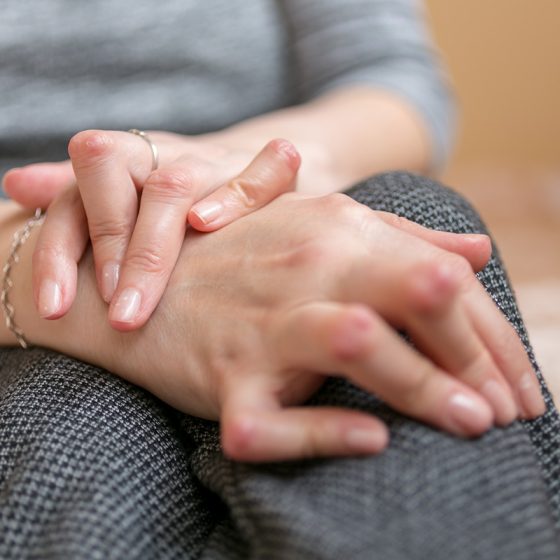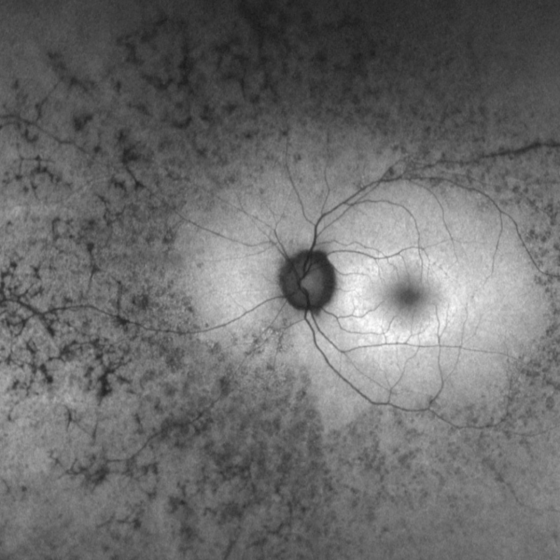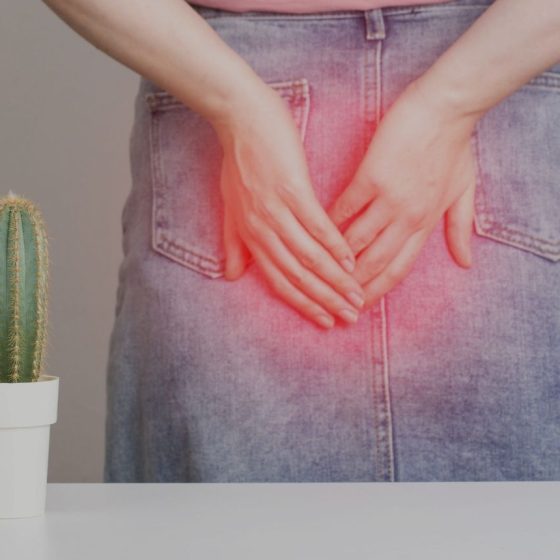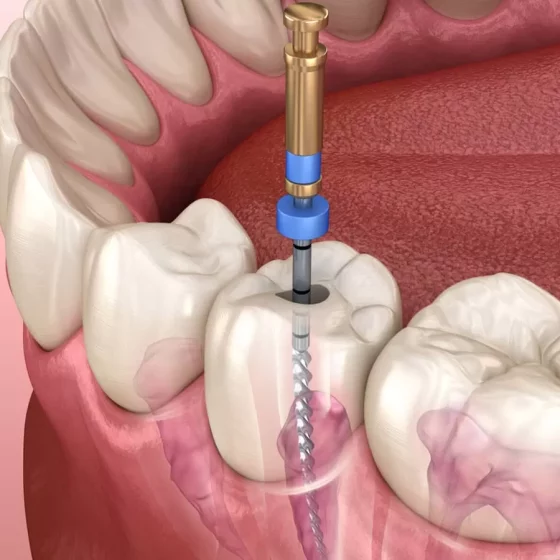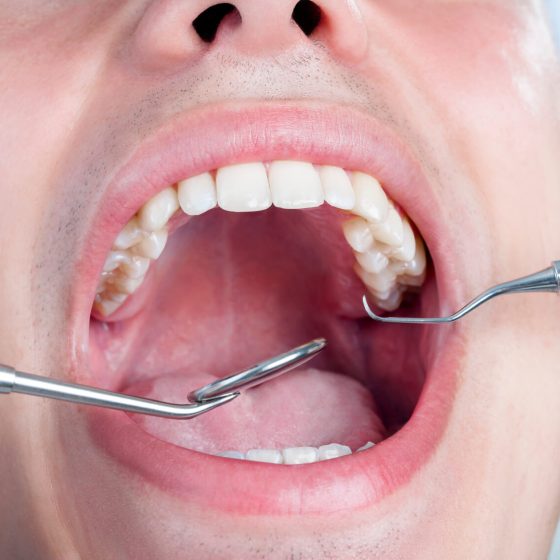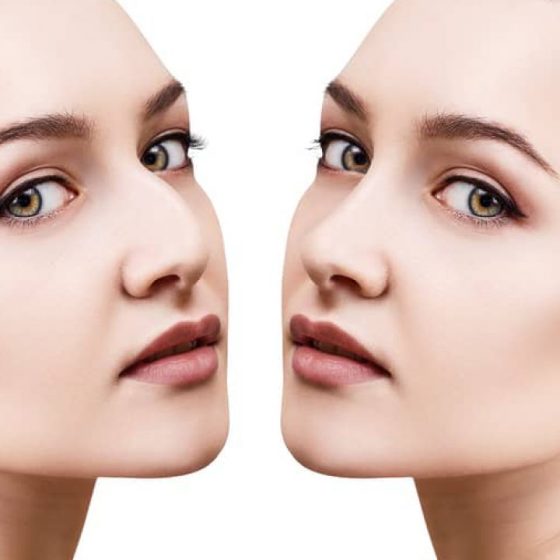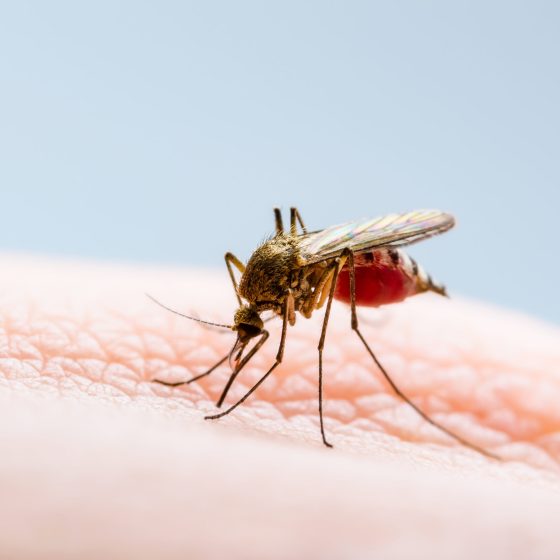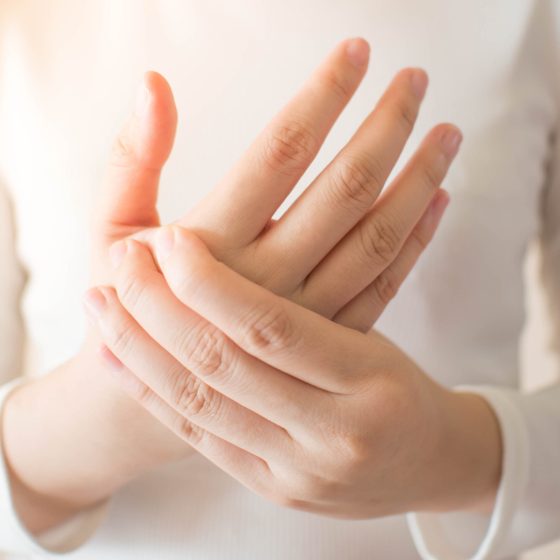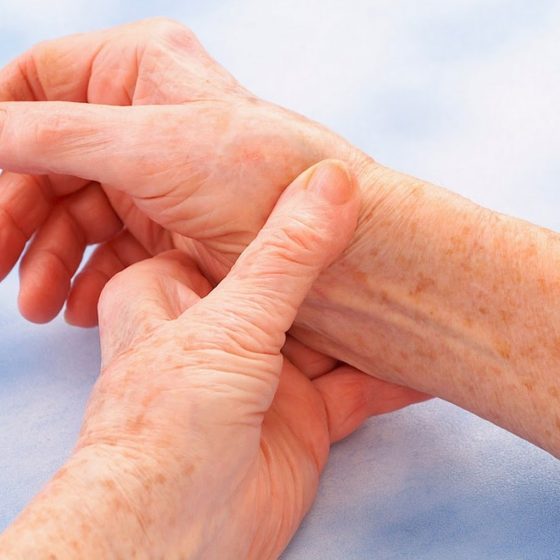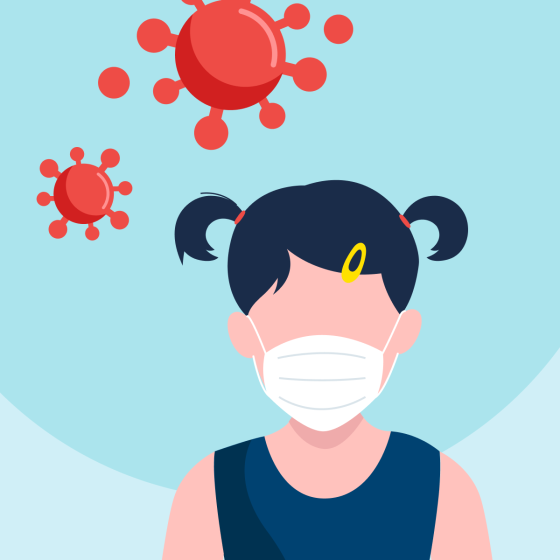Rural and remote health
Planning ahead Living in rural and remote Australia can sometimes mean that health services may be harder to access than in the city. Knowing what health services are in your area, and the online supports available to you will help you prepare for when you need them. Living in a regional or remote area means you need to plan for your future health needs, even if you are in good health now. Check your health insurance and ambulance cover, so that you can be confident they meet your current and future health needs. Health clinics and doctors It is important



